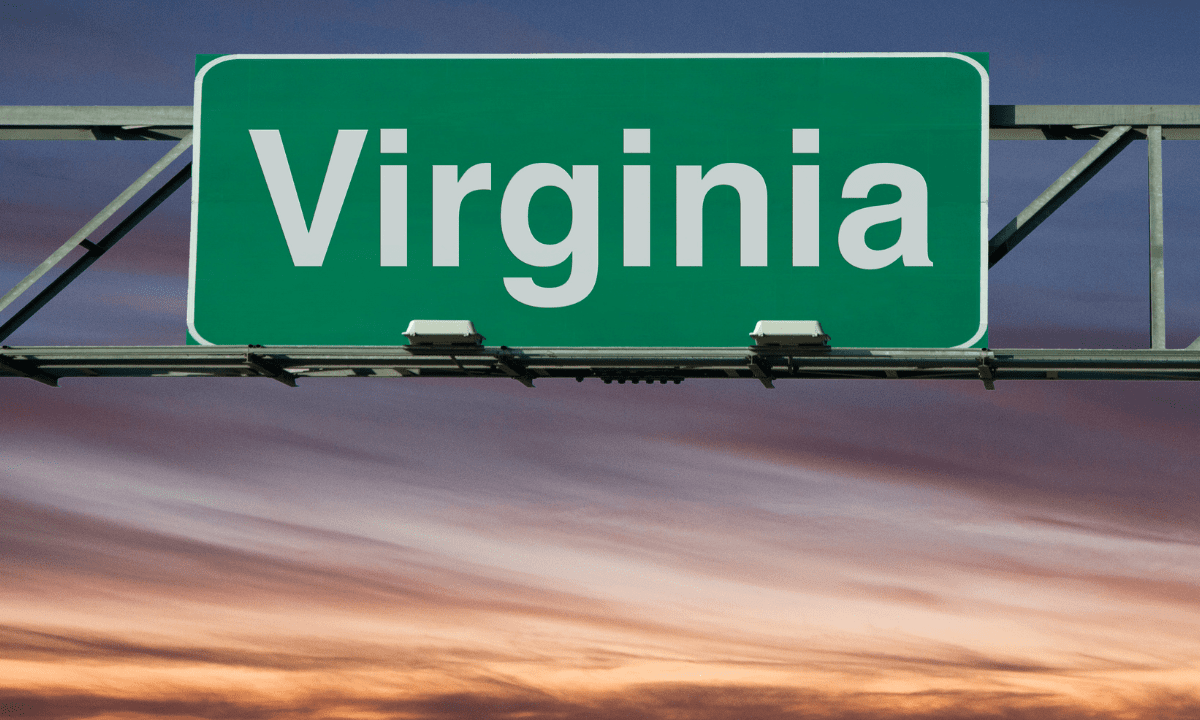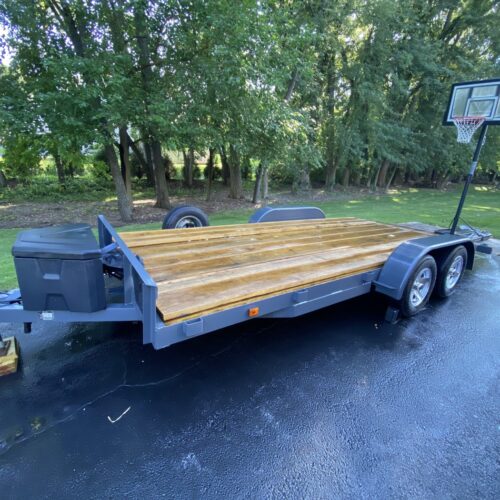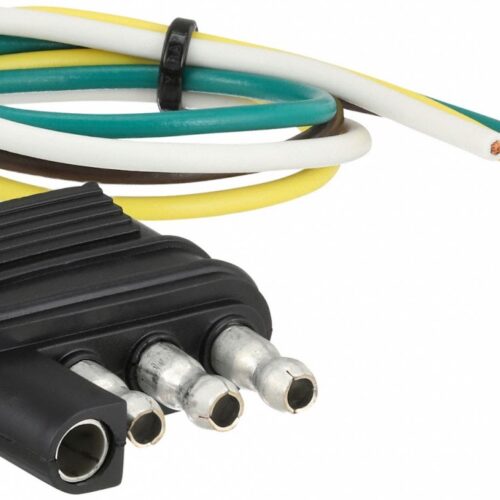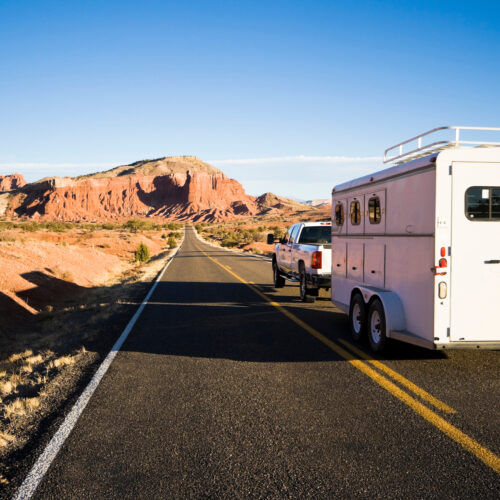When towing a trailer in Virginia, it’s essential to know the laws to ensure a safe and legal journey. Whether you’re hauling equipment for a job, moving items, or setting out on a road trip, understanding these regulations can help you avoid fines and ensure the safety of everyone on the road. Let’s dive into the key trailer towing laws in Virginia.

1. Maximum Trailer Weight and Size Limits
- In Virginia, the maximum allowable weight for a trailer depends on the towing vehicle and its Gross Vehicle Weight Rating (GVWR). Exceeding the GVWR is prohibited, so ensure you understand your vehicle’s towing capacity before attaching a trailer.
- As for dimensions, the combined length of the towing vehicle and trailer should not exceed 65 feet. Trailer width should not exceed 8.5 feet, and the height limit is 13.5 feet.
2. Trailer Brake Requirements
- Virginia law mandates brakes on trailers with a gross weight of 3,000 pounds or more. If the trailer’s weight exceeds half the towing vehicle’s weight, the trailer must have its own independent braking system.
- These brakes should be capable of stopping the trailer within 40 feet when traveling at 20 mph on level ground.
3. Safety Chains and Coupling Requirements
- All trailers must be securely attached to the towing vehicle with a hitch or coupling designed to prevent accidental disconnection.
- Safety chains are required as an added precaution. They should be crossed under the hitch and securely attached to both the trailer and the towing vehicle.
4. Lighting Requirements
- Trailers in Virginia are required to have operational taillights, brake lights, and turn signals, especially if the trailer obscures the rear lights of the towing vehicle.
- Trailers must also have license plate lights to ensure visibility at night, as well as reflectors along the sides to increase nighttime visibility.
5. Mirrors
- If the trailer obstructs the driver’s view, Virginia law requires that towing vehicles be equipped with extended mirrors on both sides. This helps drivers maintain a clear line of sight to the rear and enhances overall road safety.
6. Speed Limits
- While towing in Virginia, be mindful that certain speed limits apply specifically to trailers. Though Virginia generally follows standard speed limits, always consider the added weight of a trailer and reduce speed accordingly.
- On highways, drivers should exercise caution, especially on hills and curves, to maintain control of the vehicle and trailer.
7. Trailer Inspection Requirements
- Trailers with a gross weight exceeding 3,000 pounds must undergo an annual state inspection. Inspections typically cover brake functionality, lights, tires, and other safety features. It’s essential to keep the inspection up-to-date to avoid fines and ensure the trailer is roadworthy.
8. Other Considerations for Double Towing
- Virginia does not generally allow “double towing” (or triple towing, where one towing vehicle pulls two trailers). This means you’re limited to towing one trailer behind a vehicle unless specific permits are granted.
9. Trailer Registration and License Plates
- All trailers operating on Virginia roads must be registered with the Department of Motor Vehicles (DMV) and display a valid license plate. Registration fees are based on trailer weight, so be prepared for higher fees for heavier trailers.
Additional Tips for Towing in Virginia
- Stay Alert: Virginia has mountainous regions, which can present unique challenges while towing. Adjust your speed and braking distance when driving through these areas.
- Know the Load Limits: Always respect the load capacity limits of both your vehicle and trailer. Overloading can lead to dangerous situations and is also grounds for penalties.
By understanding and following these towing laws, you can enjoy a safe and compliant journey with your trailer in Virginia. Whether you’re using towlos for a trailer rental or transporting your own trailer, being aware of the rules will help you avoid any roadside complications. Happy towing!




